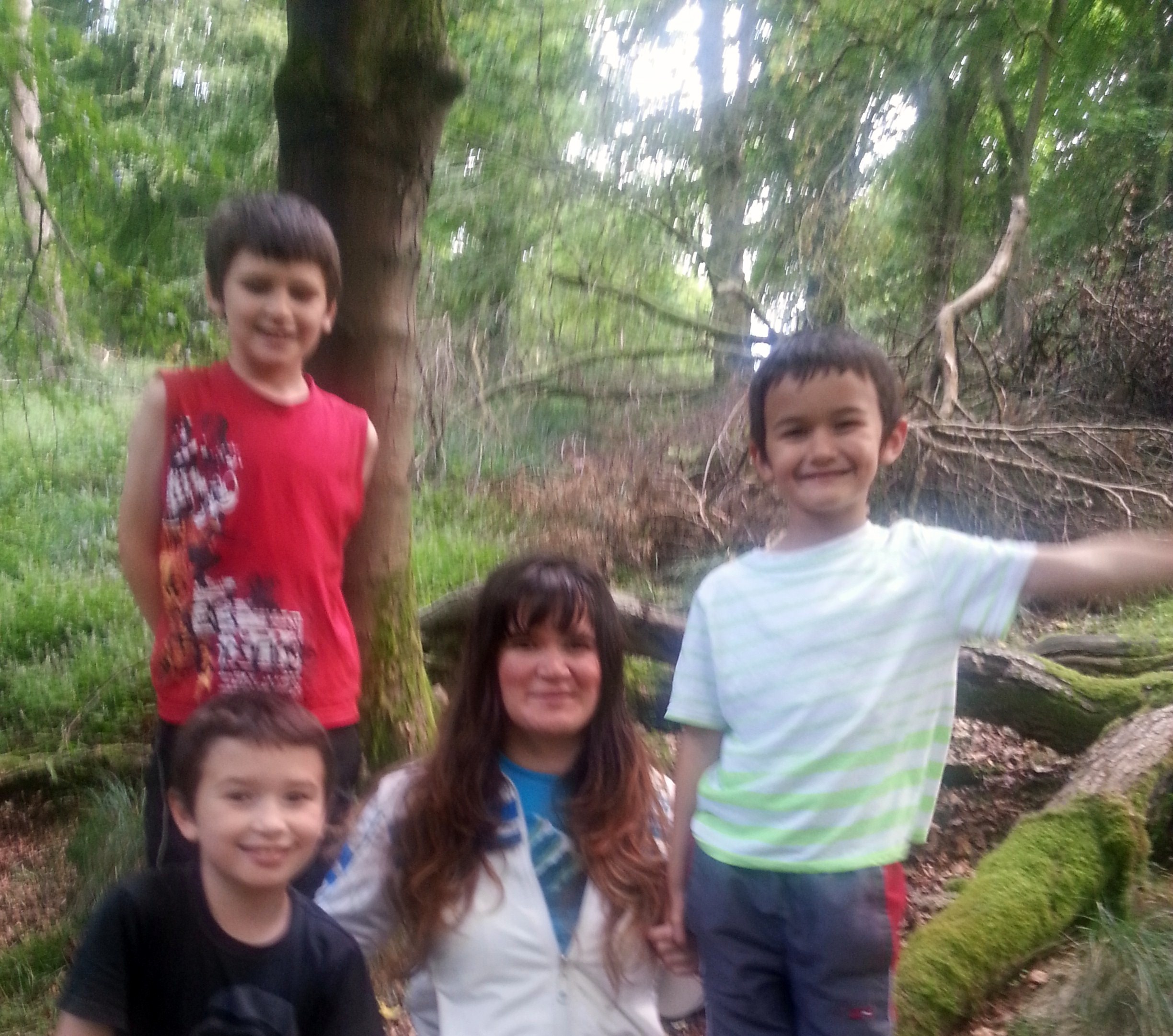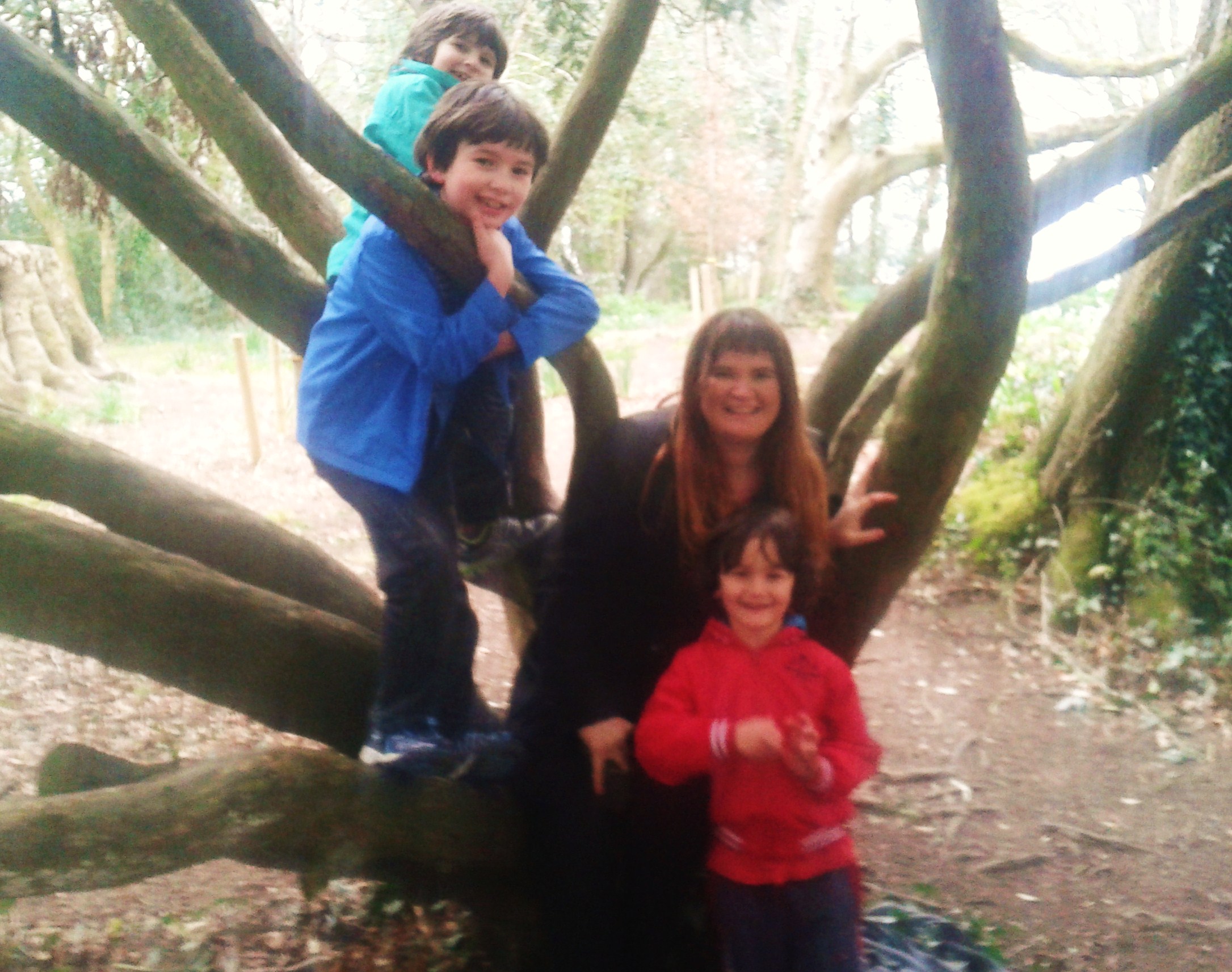My girls are playing in their room, laughing and combing their dolls hair. They must be having a good time; I think to myself as I work.
Suddenly, one of the girls screams calling for me.
I rush to their room and find my eldest towering over her little sister, guns ablaze, eyes wide, fists folded as she refrains herself.
Her sister’s eyes are wet, and once she sees me, he gains a little courage and uses her doll to hit her big sister.
I am tempted to tell her why hitting is wrong, and as my eldest brings her book of accusations, I question if all the positive parenting I use to raise these girls is working.
Positive parenting doesn’t work.
At this point, I am tempted to think that positive parenting does not work. If it does, then not for me. Parenting is hard; there is no disputing that. But when I committed to becoming a positive parent, I thought things were going to be blissful, at least after a few months.
But four months down the line, my temptation to yell, punish my kids and threaten them into behaving was at its pick.
Honestly, it’s just easier, and sometimes easier is what I want.
As I stood at the doorway looking at my girls, I was out of ideas on what I should I do. I pulled both of them into a hug (they were both crying at this point), and I had a moment to think about why this was not working. Here is what I found out.
I was not consistent.
Coming from being an authoritative parent, I find myself dishing out orders and answering with ‘because I said so’ whenever I need my girls to comply.
Sometimes I am too tired to or too busy working to give a valid logical reason for why things should go as I said.
This inconsistency, which included yelling and sometimes spanking, was sending mixed feelings to my girls. I become a gambling machine, and they always tried to win the jackpot by misbehaving and seeing if I would be nice, punitive or ignore them.
You see, who you are to your kids matter more than what you say. If you don’t walk the talk, don’t expect them to either. Their natural inclination is to do what you do. To have a positive impact, we need to demonstrate emotional control, understanding, empathy and all qualities we want our kids to have.
My expectations were too high.
I am guilty as charged. Sometimes I did expect my kids to behave more like little adults than kids. This is especially true because as a former authoritative parent, I expected total obedience and maturity from them.
I am afraid I might not have adjusted very well.
As a new positive parent, I learned that I needed to look at situations from their point of view, understand it as they would and see why they might be frustrated.
Was it easy, hell no!
Now that I allowed them to be kids again, they were probably experimenting with everything their little geniuses wonder about, and fighting was one of them.
They had been used to perfection standards they could never attain, and now they can learn through experience.
Kids want to experiment and learn on their own. While you should not let them hurt themselves or others, you can be sure that they will do things that will catch you off guard as they learn about the world and develop their personalities.
Our work as parents is to offer development appropriate limits and guidelines that will give them the freedom to learn and grow into autonomous human beings.
I was not listening
In situations such as this, I was fond of assuming that my oldest girl was at fault. Also, the fact that she was older, I thought she was in a better position to explain what was happening.
Big mistake.
First, the little girl felt that her sister was loved more than she was. Secondly, she felt that her needs were ignored and she was not heard.
Listening to your child has more impact than you think. When your little one is frustrated, allow her to tell you her side of the story before you tell her what you expect from her.
By listening to her, and putting yourself in her shoes, you might be surprised to realize that you would have been equally frustrated had the experience been yours.
Kids also listen better when they are calm, and talking it out is a great way to calm down. Also, listening to your child as they pour their heart out to you is a great way to connect.
The more I listened to her and understood her side of the story, the more she felt loved, and cooperated.
Give it time
Sometimes we are too quick to judger and give up. I did make some parenting hick-ups as I switched to positive parenting, but I was more informed the second time around.
I had learned from my mistakes, and I decided that I will give myself, and my girls time to adjust.
Do they still fight? Absolutely!
But today they find it easier to apologize, soothe each other and make one another feel better after a fight. I only intervene once in a while when I see the situation has escalated.
That day, I might not have handled the situation with tact and poise, but the little effort I made from that day henceforth has made me a better parent, and my home a peaceful haven, with minimal fights. Sometimes, it does feel like positive parenting does not work, but with effort, consistency, and practice, things start to shape up and look up.

Natalie Graham is a writer a full-time mom to two girls. Her interest is the psychology of child development. She relaxes with a book at hand and enjoys travel. Her motto: As you think, so you are.
You can learn more about her at Clear Thoughts Today.




